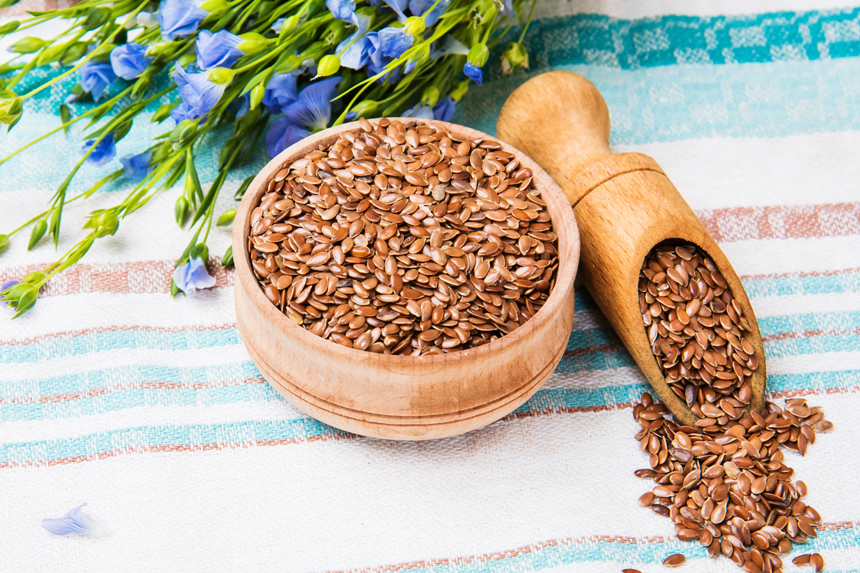Flaxseeds

A fruit high in fiber and heart-healthy fats, flaxseed shows the potential to impede cancer growth and induce cancer cell death. Studies on breast and prostate cancers observed reduced tumor growth markers and hindered cancer cell spread post-flaxseed consumption.
Incorporating a daily tablespoon of ground flaxseed into your diet via smoothies, cereal, or baked goods could potentially contribute to lowering cancer risk.
These ten foods hold promising potential in aiding the prevention and fight against cancer. Each food item showcases unique compounds and properties that contribute to potential anticancer effects, as highlighted by various research studies.
Incorporating these foods into your daily diet, even in moderate amounts, could be a proactive step toward lowering cancer risk. However, it’s important to note that while these foods exhibit promising attributes in cancer prevention, they should complement an overall healthy lifestyle, including regular physical activity and avoiding smoking and excessive alcohol consumption.
Remember, these foods should be part of a balanced diet rich in various nutrients and consumed alongside other healthy habits to maximize their potential benefits. Additionally, consulting with a healthcare professional or a registered dietitian can offer personalized guidance on incorporating these foods into your diet based on individual health conditions and needs.
By embracing these wholesome foods and making mindful dietary choices, you can empower yourself toward a healthier life, potentially reducing cancer risk and promoting overall well-being.
Stay informed, eat well, and prioritize a healthy lifestyle—it’s your best defense against cancer and numerous other chronic diseases.





